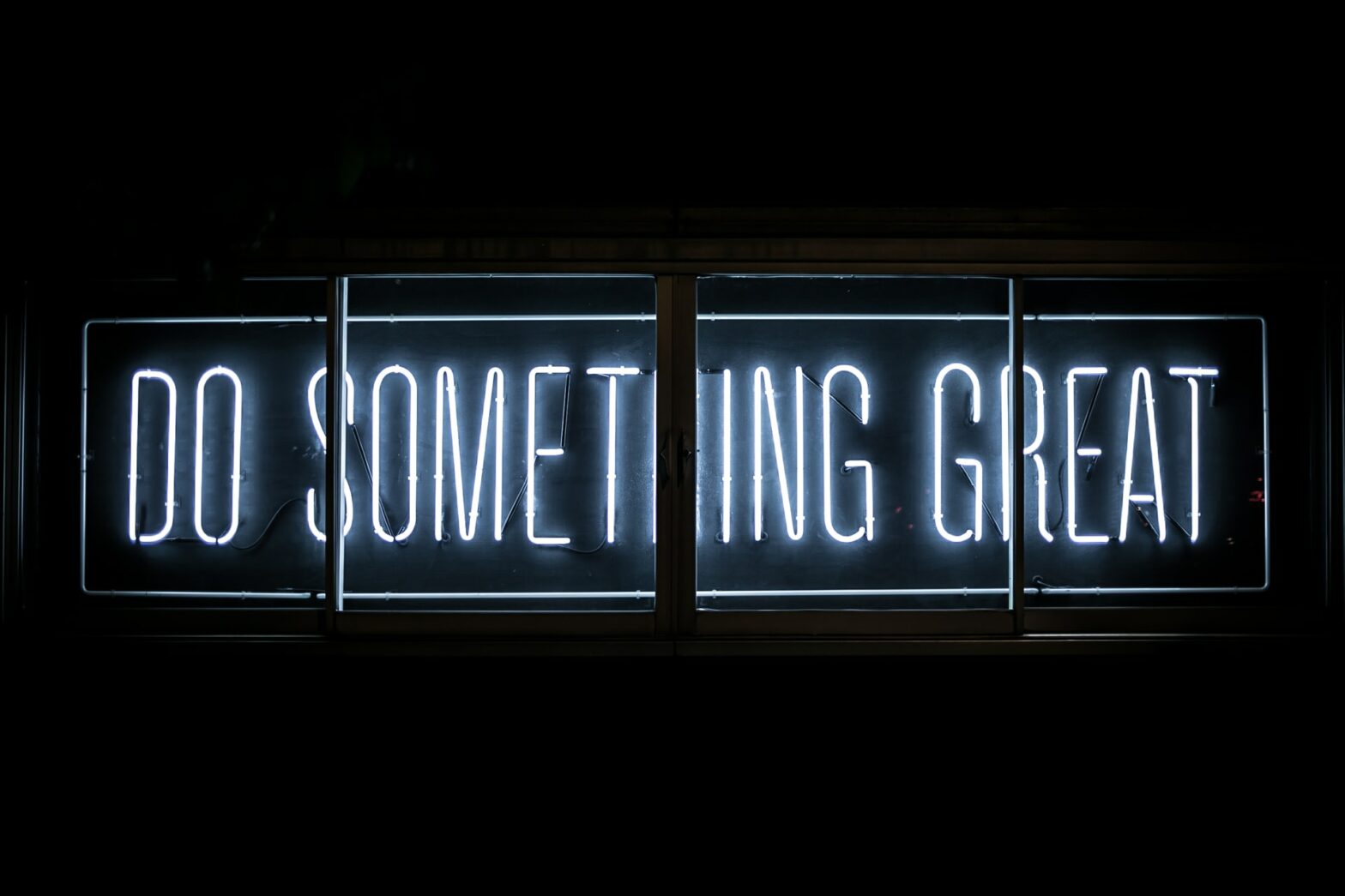As a software developer, it is critical to keep yourself as relevant and up-to-date with industry trends as possible. For the majority of us, that often involves implementing new changes in day-to-day life. Keeping your skills fresh is just one way that can help you succeed in this competitive environment! This change might not be limited to technical skills. They can also be in the form of soft skills or even management skills.
Is there any proven strategy for doing so? Katy Milkman has some fresh insights in her latest book, “How To Change: The Science of Getting from Where You Are to Where You Want to Be“. These tips are great for developing new abilities or building a sustainable cadence between your personal and professional life as a software developer.
Let’s start by identifying common obstacles that prevent people from successfully changing for the better. We will then address those obstacles according to what Milkman had suggested in her book with specific contexts you might recognise as a software developer.
Obstacle 1: Not getting started
A new start is an excellent push factor to initiate an ever-lasting change. Some developers are probably familiar with recent rises in coding boot camps for career changers. This new change is often an excellent way to get into tech. You have encountered some work colleagues or former colleagues who are thriving in the environment.
Why is this so? It’s not because coding boot camp curriculums are superior to the traditional paths. This new change is often an excellent way to get into tech. You have encountered some work colleagues or former colleagues who are thriving in the environment.
It may sound cliche, but often what we need are fresh starts – even as far as moving to different countries to accomplish our life-long change successfully.
Obstacle 2: Short term thinking
It is easy to think that the behaviour will be set in stone once you make a change. But as soon as people stop paying attention or want their old habits back, new behaviour quickly disappears – don’t let this happen! To keep good changes long term, it helps if we can manage our surrounding environment too.
For instance, if you successfully implement a fancy new framework to carry out your tasks at work, it might not be enough to stop the learning process at that point. On another occasion or during your personal time, you might want to continue exploring the details of your new skills in depth and treat the change as continuous.
Obstacle 3: Impulsivity
The rewards from a long-term change are difficult to appreciate, which often causes present bias. After all, we all live in a world where instant rewards are readily available anytime and anywhere.
The best way to tackle impulsivity (a.k.a, present bias) is to use temptation bundling.
- Too lazy to read new books? Listen to audiobooks while doing stretching exercises.
- Want to stay fit and enjoy your coffee in the morning? Jog for 5 kilometres before sipping your first-morning coffee.
Obstacle 4: Procrastination
Avoid procrastination because you know that your end goals are worthy but will take a while to achieve. You can utilise commitment devices.
Let’s say you want to put that Amazon’s AWS cloud certification badge in your resume so that you can find a better offer for new roles the next time you have to find a job. The AWS certification is not so easy, nor it is cheap. What can you do?
You can get your certification by booking an exam date 6 weeks in advance – pay for the exam fee upfront. Now, you have no choice besides studying for the exam in the next 6 weeks. You can either do that by doing online courses for AWS exam prep regularly. Or you can short-circuit this further by going to an expensive instructor-led offline class in your city (usually a two full-day commitment).
With this commitment device in place, you have suddenly increased your chance of success. To be fair, your chance of recouping the cost of upfront investment afterwards is 100%.
Obstacle 5: Forgetfulness
Conducting change is difficult when you keep forgetting what you must do every week or month. You can be busy with your family, extra workload at the office or just dealing with the pandemic at large.
One fix is to implement the “when ____ happen, do ____” strategy. If you are familiar with Java, this is the switch statement. For example, if you want to stay fit while working remotely on your desk at home, you can do the following:
- During your team’s daily standup time – listen to others while doing planking for the duration of the standup.
- If you have multiple work meetings in a day – do 30 pushups at the beginning of every session. Bonus: you will get quite fit too.
Obstacle 6: Laziness
Milkman suggests that we begin building our habits by finding ways to start small – this is where her 90/10 rule comes in. She explains how, instead of setting out to exercise every day for 3 hours, we should try and find 10 minutes within our day to work on this goal. By doing this, we can ease ourselves into exercise and pinpoint what we enjoy or don’t enjoy so much about it. Before long, we will have identified what works for us and know exactly how much time we want to dedicate to this activity. The key here is to allow for flexibility when building up a new habit.
Obstacle 7: Confidence
You learn so many new things almost every day as a software developer. The information era is fast-paced. It seems even worse if you work in tech. You might know from experience, the best way to reinforce what you have just learned is to immediately start teaching what you learn. It helps to rephrase things into your own words so that you can create clarity in your understanding.
This is also the reason why some of the best coding boot camp instructors are recent graduates themselves. Both cohorts might not have the experience of senior software engineers with years of work experience. However, these recent graduates are the most effective study peers at that stage of learning. Building confidence is beneficial for the recent coding boot camp graduates. In this scenario, the fresh students get insight into how to tackle their boot camp course more effectively.
Obstacle 8: Conformity
Last but not least, change is often difficult because our environment and people around us have remained the same. Humans excel at mimicking and copying the behaviours of others. Nothing new, so our brain just conforms with what’s comfortable and socially acceptable.
We can take advantage of this by copying and pasting peers or other people who have achieved similar goals that you want for your own future.
Conclusion
It’s not easy to change, but it can be rewarding. You might have found yourself asking things like, “should I give up my current job for an opportunity somewhere else?” or “is there any other skill set I should learn?”
All we know is that changing anything about our lives means facing uncertainty and even fear. But remember: fear and uncertainty are natural. To change, we must work with them and not be overwhelmed by them. Once you understand and accept that fear is inevitable, you can genuinely start moving towards your vision of a better version of yourself.

